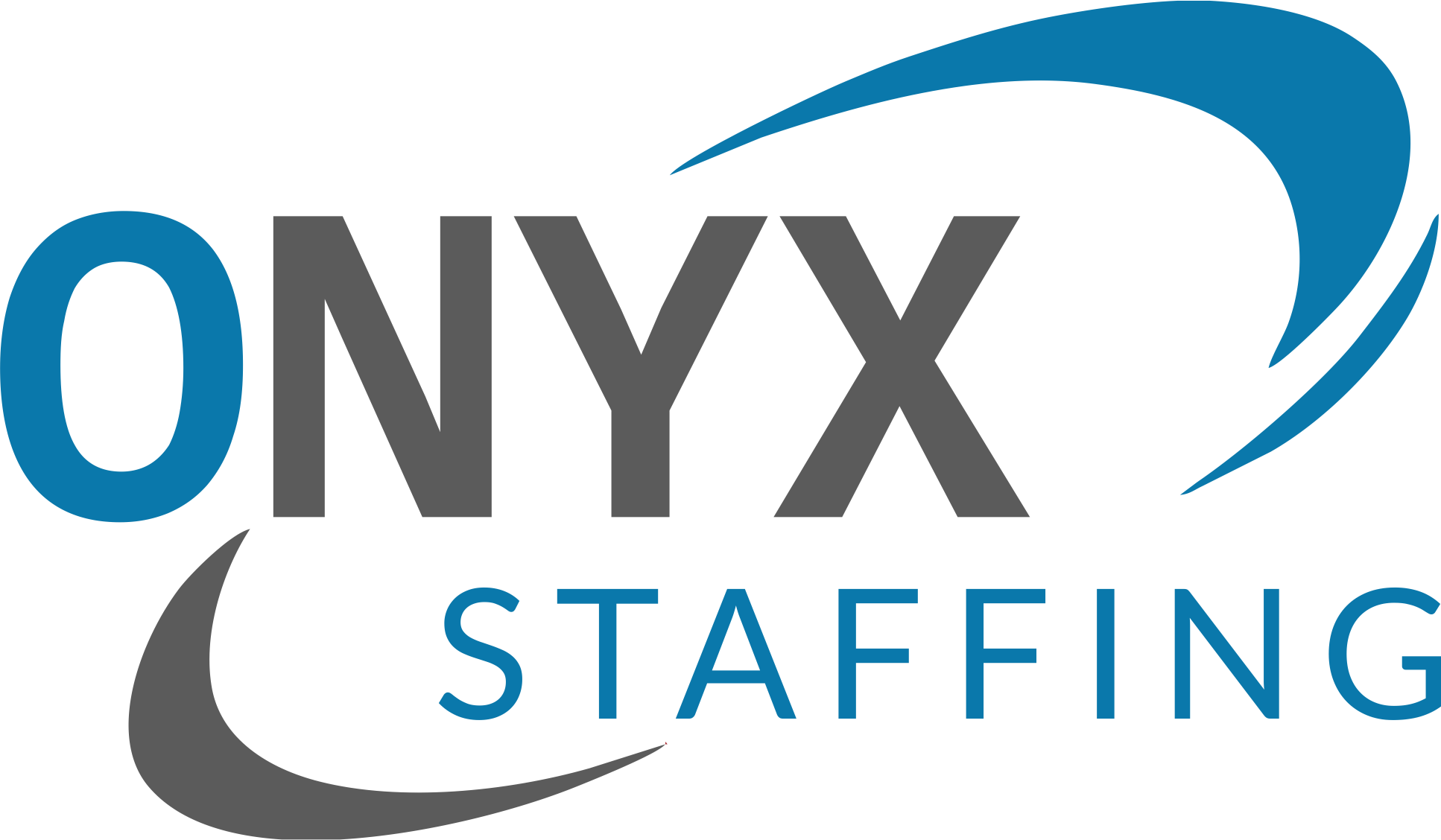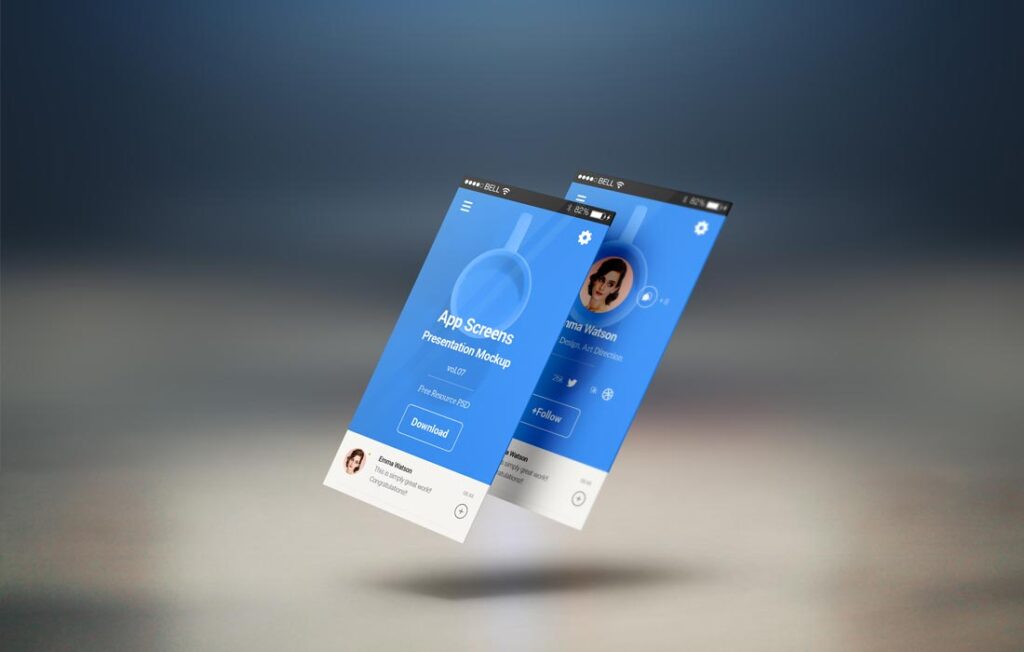CAMP PINE TREE
OLIVERA NOTE
SUMMER SHIFT MAGAZINE
BRILLIANT STATIONARY DESIGN
JUPITER LARGE POSTER SET
5 Ideas For Your Recruiting Team During A Slow Period
There is no doubt that many companies throughout the U.S. and the World are going through a difficult time. For a lot of companies hiring has slowed and for some it has come to a screeching halt. Here are 5 ideas for your Recruitment Team if activity has slowed down.
1. Cross train …… There are a couple of different angles you can take with this recommendation. One, have your Technical Recruiter(s) train your non-technical Recruiters and vice versa. When volume peaks again having Recruiters that can recruit across the functional spectrum will save money on recruiting fees and ensure you have legitimate coverage on all roles.
Two, partner with your other HR Functions to help alleviate some of the workload they are currently experiencing. While roles are on hold there are still other areas of Human Resources that are busy. And since your Recruitment Team is privy to a lot of confidential information and knows how to act to with discretion, they are a good team to leverage during a slowdown.
2. Fine tune your interviewing process ……. Folks will say “Yea, but we aren’t doing a lot of hiring so what’s the point?”. To that I say, when you are hiring you will tell me you are too busy to focus on improving your process, so take this opportunity to do it.
For those of you that are working on some critical positions the hiring process has changed. Firms are extending offers based on video interviews. What learnings can you bring forward when things normalize? Are you tracking metrics to share with hiring managers after this is over? For instance, average time to offer before video interviewing started and then after. Is there a competitive advantage you can gain when hiring picks back up?
For those of you that are on a hiring freeze you can still look at your competency based interview questions and give them a refresh. Take a look at web based and manual assessments (i.e. coding tests, etc.) and measure how effective they have been in hiring top talent. Now might be a great time to renegotiate your terms with these vendors and save some money.
3. Look at your offer process ……. There is no point in expediting the interview process only to have the offer approval process take 2 weeks. There are going to be exceptions on more senior offers where there are buyouts, but on more junior roles you should be able to turn around an offer in a couple of days at the most. Use this time to constructively review your process and identify the challenges that are holding up your process. Make a recommendation to your senior management team supported by the facts you uncovered during your research.
4. Use your network to help job seekers in your industry and beyond ………. Recruiters usually have vast networks and know other Recruiters. Find people that are out of work and help them network to find a job. Critique their resume and give them feedback. I guarantee that person is going to remember you if you need to network with them in the future.
5. Take time to review and evaluate your vendor list …….. Some firms do this annually and some every 6 months. Try digging deeper though:
a. Have you tracked how candidates you have hired from your vendors perform one, two and three years out?
b. Are there interview trends amongst the teams who hire better performers?
c. Now is a good time to get to know your vendors as well. Who is working on your roles? Ask for their name and do some research on their background.
d. Create a 2 tiered vendor list that allows you to move non performing vendors to the second tier, but also allows you to give new agencies an opportunity.
Hope you have enjoyed some of these ideas. Be safe and stay healthy!
The Future of Chatbots in the Recruiting Process
Hiring chatbots struggled for credibility in the early days: the tech was ahead of it’s time and it had limited conversational features which candidates easily saw through. The climate has now changed and thanks to advanced machine-learning and more receptive candidates, chatbots have become powerful candidate engagement, pre-qualification and even short-listing tools. Chatbots are forcing their way into the hiring process because they are in short, useful and beneficial in many ways.
Creates a responsive hiring process
Chatbots are much more than just an autoresponder; they can automatically answer candidate’s questions on the spot, using their library of answers and natural language processing, satisfying information requirements promptly. This leads to highly responsive hiring experience for the candidate.
Shortens the time to interview
Chatbots can perform many of the pre-qualification functions of a Recruiter. This is because chatbots have the ability to question the candidate about their skills, experience and qualifications and to co-relate these answers against the known job requirements. Chatbots can therefore size up candidates and recommend promising ones to the Recruiter and eliminate unsuitable candidates. This shortens the time between submission, pre-qualification and Recruiter interviews.
Can act as a Recruiter’s personal assistant
Chatbots now have the ability to schedule calls, interviews or meetings between any number of candidates and Recruiters, pretty much automating that entire process. This not only saves the Recruiter time but gives the candidate more flexibility and control over the interview time.
Transformational
Chatbots have the functionality to transform the Recruiter’s job. Once chatbots are fully embedded in the hiring process, Recruiters will leave basic, 1st round tasks like CV review and pre-qualification and interview scheduling to the bot. This should be good news for Recruiters who now have more time to spend on strategic tasks such as sourcing candidates, (and clients), assessing candidate suitability, interviewing and negotiating, creating a more profitable hiring process. process.
Caution
Let’s not go overboard with Chatbots, because although their natural language processing is good, they still won’t pass the Turing test. Candidates aren’t fooled and know they are speaking to a bot! This is not necessarily a problem as long as the bot can satisfy their requests. However, bots can get confused, can end up going round in circles, and provide limited responses. All which could frustrate candidates and damage your employer brand. Of course, a high-end, high powered chatbot would be able to give more complicated and fulfilling responses but may be too expensive for low volume users, right now.
Let’s end on a positive note. While the chat-bot creates a slightly superficial candidate experience, (versus face-2-face), without the bot, the candidate might not have had any response at all. As we know from research, lack of responsiveness is one of the biggest frustrations that candidates have about the hiring process. Therefore, chatbots should on the whole be an improvement on the candidate experience for many applicants. Also, being able to engage in a pre-qualification interview, (that could end in an interview), should be a more satisfying experience than radio silence.
So, while there are a few teething problems, hiring chatbots are the present and indeed the future of recruiting.
What do you think?
About the Author:
Jeff is the Managing Director of KORE1’s Boston office, a full-service Agency offering Temp/Contract, Direct Hire & RPO services nationwide. With nearly 25 years of Inhouse and Agency recruiting experience across a number of different disciplines (Tech, HR, Sales & Marketing, Investment Ops, Risk, Compliance, Accounting & Finance) Jeff and his team have been successful in partnering with clients to build high performing teams. Jeff graduated with a degree in Psychology from Rutgers University and grew up in the Boston area.
The War for Talent in a Remote/Work From Home World
Work-from-home is now the covid-19 norm and while we expect some correction post-lockdown, work-from-home is going to become an integral part of the service delivery model going forward. Just last month Facebook announced that they plan for half their workforce to be working from home in the next 5 to 10 years, irrespective of covid-19. Others will follow suit and this could potentially turn the talent market on it’s head.
Candidates will see a surge in the supply of work-from-home careers and employers will have access to a massive, nationwide, work-from-home talent pool. One might go as far to think that there will be so much accessibility to candidates that roles will just fill themselves. Not so fast!
As more companies go to remote working situations the less unique this benefit becomes in the recruiting war. If your company is looking for a Software Developer or Sales person that can be based anywhere in the U.S., and Amazon, Facebook or Google have the same role and are offering a remote work situation, then there will need to be something else other than working from home to attract the candidate. In addition, what will also become more prevalent now that the candidate pool has expanded is that Hiring Managers may place an emphasis on candidates having both domain and technical knowledge in the role. The combination of these skill sets will narrow the candidate pool significantly. Many Outside Sales roles that have responsibility for a whole territory have had the ability to work remotely for a while now and the recruitment of top Sales candidates is still a difficult task. However, what is clearly evident is that companies who do not follow suit will be at a significant disadvantage and will lose out on top talent.
Moving to a new geographically dispersed work-from-home model is also really going to challenge the talent management process in general. Employers will have to get good at attracting, assessing, on-boarding and retaining talent with limited face-to-face contact and without the pulling power of their million dollar campuses and carefully curated in-house work cultures. They will also need to understand different expectations around compensation, benefits and work culture based on geography, and be able to develop an attractive digital and home-working culture.
What particularly stands out is the ability to extend market competitive offers in all 50 States! Using the example above, what do you do when you need to structure an offer for a Java Developer in a remote area of North Dakota? How do you quickly obtain data to make a competitive offer when you don’t have an office in North Dakota and there are no competitors in the area who employ this talent? What happens if you hire this Java Developer in New York City for $150,000 and they decide to move to some remote area of Montana 6 months later? One would assume that most areas of Montana are at a lower cost of living than NYC, so do you adjust the employee’s salary to reflect that?
Needless to say, companies who can quickly and effectively adapt their entire employee value proposition to suit this new remote world, will be most effective at attracting and retaining talent.
About the Author: Jeff Sudati
Jeff is the Managing Director of KORE1’s Boston office, a full-service Agency offering Temp/Contract, Direct Hire & RPO services nationwide. With nearly 25 years of Inhouse and Agency recruiting experience across a number of different disciplines (Tech, HR, Sales & Marketing, Investment Ops, Risk, Compliance, Accounting & Finance) Jeff and his team have been successful in partnering with clients to build high performing teams. Jeff graduated with a degree in Psychology from Rutgers University and grew up in the Boston area.


















